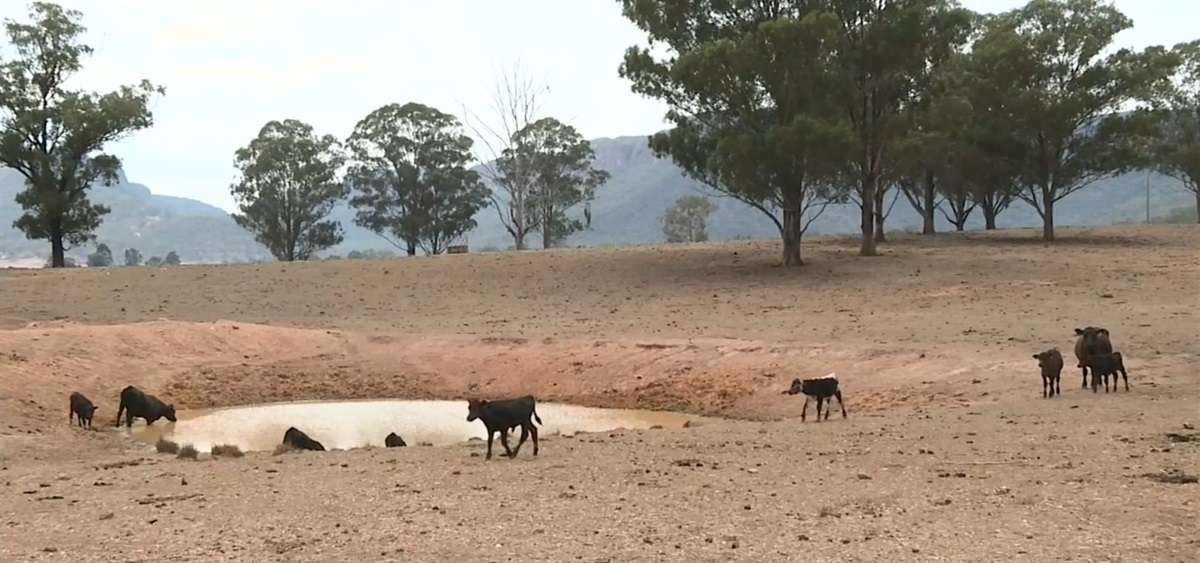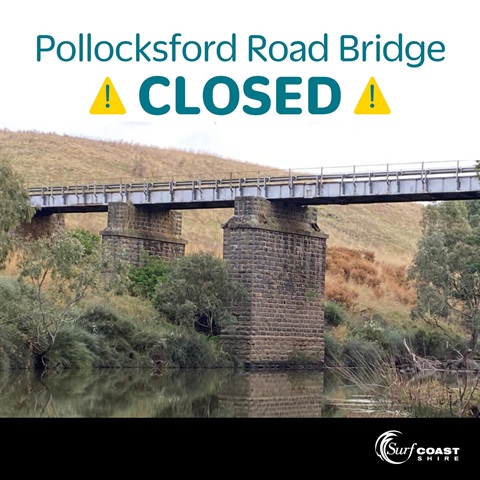It’s cold outside and for many Victorians that means a trip to the woodyard and firing up the wood burning heater. Environment Protection Authority Victoria (EPA) has some simple steps to minimise how smoke can impact on your health.
It’s important for people to understand how their heater operates and to use appropriate fuel. This will be specified in the heater’s operating manual and by using the correct fuel your heater will run more efficiently.
It’s a good idea to have your flue professionally checked and cleaned before winter begins to ensure it’s clean and free from obstructions. This will help prevent flue fires, unnecessary smoke, and ensure the heater operates correctly.
Never burn household rubbish, driftwood, treated wood or painted wood. It is sure to pollute the air and it can produce toxic gases.
Whilst the impact of a single wood heater may be small– the cumulative impact on air quality, particularly through autumn and winter, is significant – but many of the air pollution problems associated with wood heating can be prevented or minimised by operating your heater correctly.
Tips on reducing smoke pollution
• Only purchase a wood heater that is certified to the Australian Standard AS/NZS 4013:1999.
• Ensure your heater is installed by a licensed person in accordance with the Building Act 1993.
• Before winter have your flue professionally checked and cleaned.
• Refer to the manufacturer’s operation manual for instructions specific to your wood heater model.
• Burn only dry, seasoned, good burning and untreated wood.
• Get a hot fire going quickly with plenty of paper and small kindling.
• Keep the air controls set high enough to keep the fire burning brightly.
• Never overload your wood heater with too much wood.
• Never leave your heater to smoulder overnight. This starves the fire of oxygen, producing more smoke and air pollution.
• Go outside and check the chimney occasionally for smoke emissions.
• Consider the wellbeing of your neighbours.
• If you are concerned about the impacts of wood heater smoke on air quality, consider using other forms of energy for heating that produce less smoke, such as energy efficient gas or electric heaters.
Tips on buying firewood
• If buying wood to use immediately, always buy dry, seasoned, good burning and untreated wood, preferably hard wood.
• Refer to your heater manufacturer’s operation manual to identify the correct fuel to purchase.
• Because unseasoned wood has a high moisture content it is hard to ignite, slow to burn and produces more smoke and less heat. It can cause your heater flue to clog up more quickly.
• You can save money by purchasing unseasoned firewood in early spring and storing it in a well-ventilated shed or other covered area until winter.
Freshly cut wood should be stored for at least 8 to 12 months prior to use. It is best to stack wood in a crisscross pattern to allow air flow.







